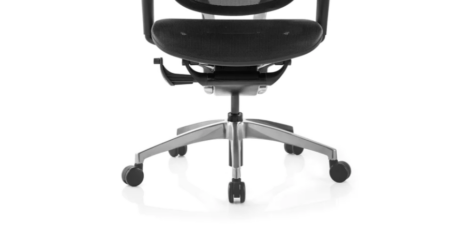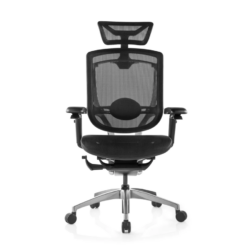To provide the best experiences, we use technologies like cookies to store and/or access device information. Consenting to these technologies will allow us to process data such as browsing behaviour or unique IDs on this site. Not consenting or withdrawing consent, may adversely affect certain features and functions.
The technical storage or access is strictly necessary for the legitimate purpose of enabling the use of a specific service explicitly requested by the subscriber or user, or for the sole purpose of carrying out the transmission of a communication over an electronic communications network.
The technical storage or access is necessary for the legitimate purpose of storing preferences that are not requested by the subscriber or user.
The technical storage or access that is used exclusively for statistical purposes.
The technical storage or access that is used exclusively for anonymous statistical purposes. Without a subpoena, voluntary compliance on the part of your Internet Service Provider, or additional records from a third party, information stored or retrieved for this purpose alone cannot usually be used to identify you.
The technical storage or access is required to create user profiles to send advertising, or to track the user on a website or across several websites for similar marketing purposes.
 In a landmark agreement, the United States and the United Kingdom have pledged to collaborate on testing advanced artificial intelligence (AI). This is the first-ever bilateral deal of its kind focused on AI safety. This agreement builds on commitments made at the AI Safety Summit last year, where both countries established AI Safety Institutes. These institutes will work together to develop robust methods for evaluating the safety of AI tools and systems. More →
In a landmark agreement, the United States and the United Kingdom have pledged to collaborate on testing advanced artificial intelligence (AI). This is the first-ever bilateral deal of its kind focused on AI safety. This agreement builds on commitments made at the AI Safety Summit last year, where both countries established AI Safety Institutes. These institutes will work together to develop robust methods for evaluating the safety of AI tools and systems. More →


















 Generation Z and millennials make up a huge part of the workforce and are only continuing to grow, and with this increase, more is being asked from the workplaces that employ them. Workplace wellness is becoming increasingly essential, especially as employee well-being decreases and affects trust in employers’ efforts. With significant economic woes and work setup changes affecting professional life, 64 percent of the UK workforce would say their
Generation Z and millennials make up a huge part of the workforce and are only continuing to grow, and with this increase, more is being asked from the workplaces that employ them. Workplace wellness is becoming increasingly essential, especially as employee well-being decreases and affects trust in employers’ efforts. With significant economic woes and work setup changes affecting professional life, 64 percent of the UK workforce would say their 




 One in four (23 percent) UK office workers plan to take advantage of remote working to log on from abroad in 2023, with a third (32 percent) doing so against company rules, according to new research by the risk management and insurance broker, Gallagher. The survey of more than 2,000 UK office workers claims that the dramatic increase in hybrid working post pandemic now extends to a “work from anywhere” culture. But employees choosing to locate themselves overseas brings risk implications for their employer, as well as themselves.
One in four (23 percent) UK office workers plan to take advantage of remote working to log on from abroad in 2023, with a third (32 percent) doing so against company rules, according to new research by the risk management and insurance broker, Gallagher. The survey of more than 2,000 UK office workers claims that the dramatic increase in hybrid working post pandemic now extends to a “work from anywhere” culture. But employees choosing to locate themselves overseas brings risk implications for their employer, as well as themselves. 








March 26, 2024
Menopause gift bags and monitoring toilet breaks: why are employers getting menopause support so wrong?
by Natasha Letchford • Comment, Wellbeing, Workplace